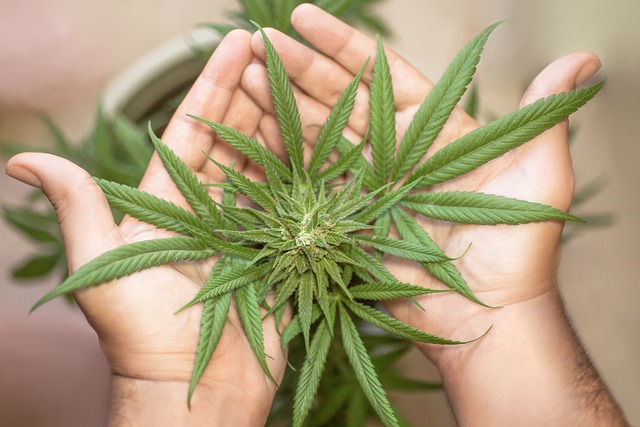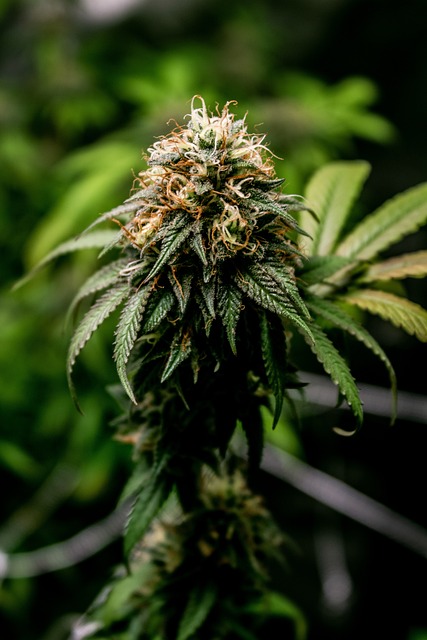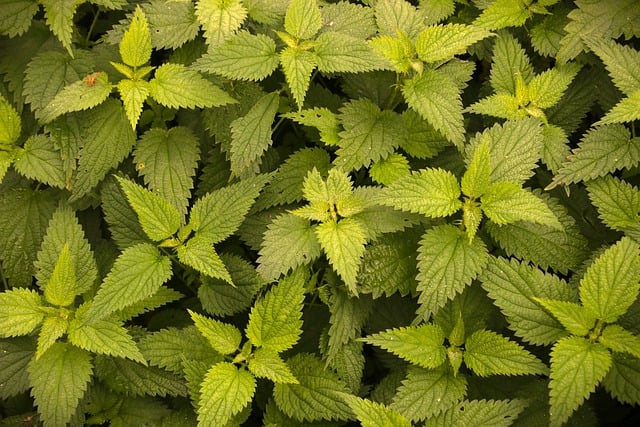THCA flower, a non-psychoactive cannabinoid found in raw marijuana and celebrated for its health benefits without the psychoactive effects of THC, has garnered attention in medical communities and among consumers seeking natural remedies. The legal status of THCA in Indiana reflects a complex interplay between federal and state regulations: under the 2018 Farm Bill, hemp-derived products including THCA are federally legal in the U.S., including Indiana, provided they contain less than 0.3% THC by weight. Concurrently, Indiana's medical cannabis laws permit the use of CBD products with high CBD and low THC for certain health conditions. Patients with qualifying conditions can legally access these products within the state. The therapeutic potential of THCA is under active investigation, suggesting it may offer benefits for conditions like chronic pain, inflammation, and as a neuroprotectant. As THCA legal in Indiana remains subject to legislative change, consumers are encouraged to stay informed about its legal status, given the evolving landscape of cannabis regulations and research.
Discover the transformative potential of THCA flower, a naturally occurring compound within the cannabis plant that’s gaining attention for its therapeutic properties. As we delve into the health benefits and wellness applications of this non-psychoactive cannabinoid, we explore its evolving legal landscape in Indiana, where its status is becoming increasingly clear. From its anti-inflammatory and neuroprotective qualities to its potential roles in gastrointestinal health, pain relief, and even as a candidate against cancer cells, THCA’s promise is becoming harder to ignore. This article navigates the emergence of THCA as a key wellness ingredient, offering insights into its unique characteristics, scientific backing, and practical ways to include it in your daily routine. Additionally, we provide guidance on Indiana’s legislative framework surrounding THCA products, ensuring you are well-informed about their legal standing and how to safely and effectively incorporate them into your health regimen. Join us as we unravel the potential of THCA flower and its place within the wellness community and the legal confines of Indiana.
Unveiling the Therapeutic Potential of THCA Flower: A Focus on Its Legal Status in Indiana

Unveiling the therapeutic potential of THCA flower, a non-psychoactive form of cannabis, has garnered significant attention within the medical community and among consumers seeking natural relief. THC acid (THCA), the raw cannabinoid found in raw marijuana flowers before heating, offers a range of benefits without the intoxicating effects associated with its counterpart, THC. In Indiana, the legal status of THCA flower is nuanced and subject to ongoing legislative interpretation. As of the knowledge cutoff date, hemp-derived products, including CBD and THCA, are legally permissible in the state under the 2018 Farm Bill federal legislation, provided they contain less than 0.3% THC on a dry weight basis. However, Indiana’s own laws have been more restrictive regarding the use of cannabis for medical purposes, with the state’s CBD law allowing for the use of CBD products with high levels of cannabidiol and low levels of THC for certain conditions. Patients in Indiana with qualifying health conditions can access these products legally, but it’s important to stay informed as laws can evolve. The therapeutic applications of THCA flower are being explored for a variety of conditions, including chronic pain, inflammation, and neuroprotective properties. As research continues, the potential for THCA to provide relief without psychoactive effects makes it an object of interest for those looking for alternative therapies within the legal framework set by Indiana’s regulations.

THCA, or Tetrahydrocannabinolic Acid, is a natural compound found in the Cannabis sativa plant and is considered the precursor to THC, the psychoactive component of cannabis. As interest in cannabis derivatives continues to grow, so does the attention on THCA for its potential health benefits. In states where cannabis has been legalized, including Indiana with its evolving legal landscape, consumers are increasingly exploring the various cannabinoids and their effects. THCA is particularly notable for its therapeutic properties without the psychoactive impact of THC. It’s often used in flower form for its potential to support well-being, with users reporting benefits such as pain relief, anti-inflammatory effects, and a positive impact on mood and appetite. The legal status of THCA flower in Indiana is subject to change as legislation adapts to the expanding research and anecdotal evidence supporting the benefits of cannabinoids. Users in Indiana should always verify the current legal standing of THCA products within their jurisdiction before purchase or use, ensuring compliance with state laws. As awareness of these compounds grows, so does the demand for clear regulations that protect consumer safety while accommodating the therapeutic potential of cannabinoids like THCA.
In light of the comprehensive exploration of THCA flower’s therapeutic potential and its evolving legal landscape, particularly in Indiana, it’s clear that this non-psychoactive cannabinoid holds significant promise for those seeking natural relief. The legislative framework surrounding THCA, which is legal in Indiana as per current laws, underscores the importance of responsible and informed use within the guidelines set forth by state regulations. As research continues to unfold the myriad benefits associated with THCA flower, stakeholders across the health, wellness, and legal sectors will play pivotal roles in shaping its role in holistic healthcare practices. Users are encouraged to consult with healthcare professionals before incorporating THCA flower into their wellness routines to ensure safe and effective use.
